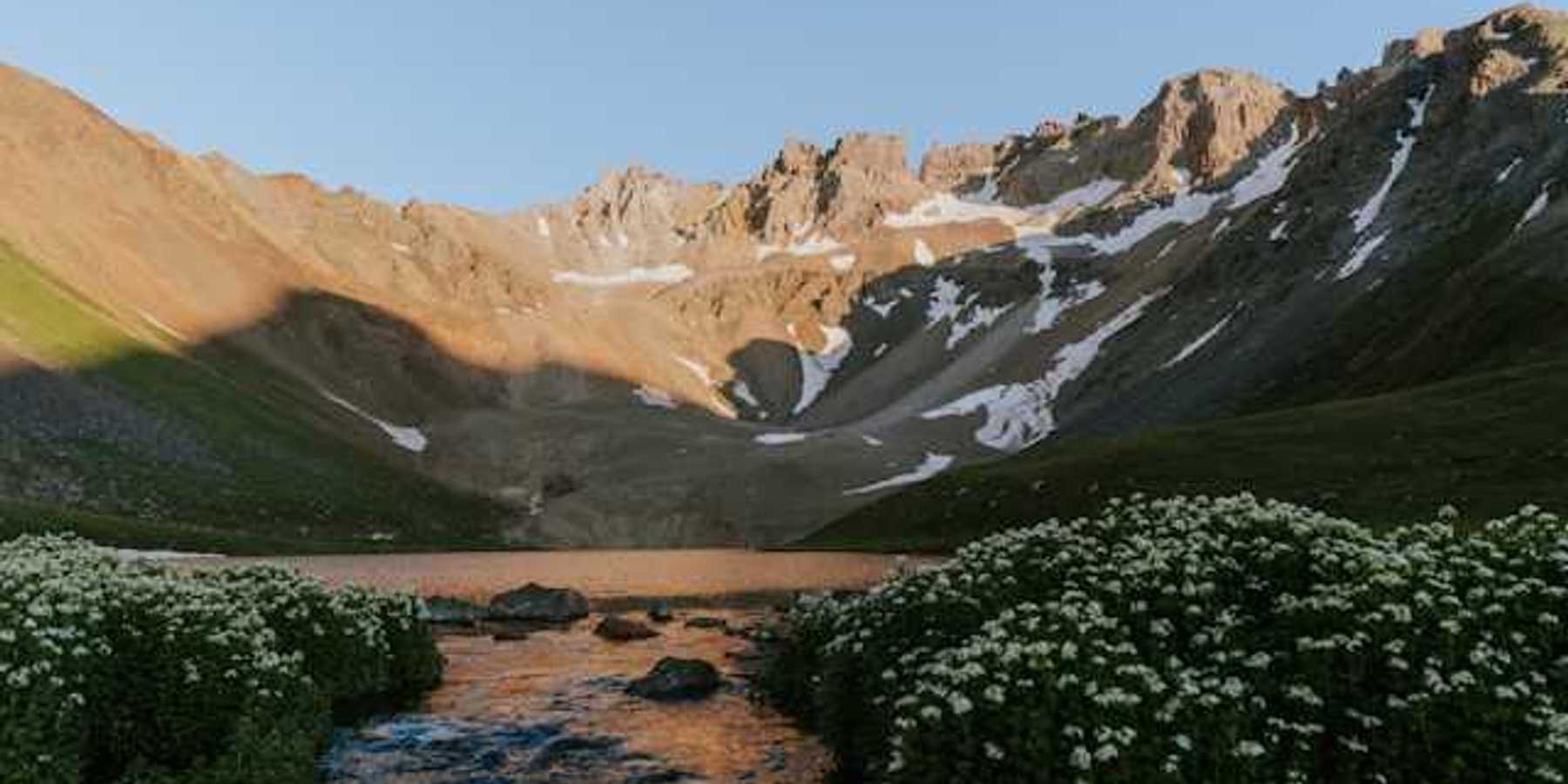Federal Energy Regulatory Commission's new grid rule deepens partisan divisions
A recent FERC initiative aimed at modernizing the U.S. power grid has intensified partisan disagreements, threatening bipartisan efforts for a comprehensive permitting overhaul.
Kelsey Brugger reports for E&E News.
In short:
- Democrats praise the rule for promoting renewable energy expansion, while Republicans criticize it for potential hikes in energy costs.
- Senate Majority Leader Chuck Schumer suggests legislative efforts on transmission are unlikely to proceed due to the political landscape.
- Despite these tensions, some Democrats continue to advocate for further legislative actions to address climate goals.
Key quote:
"North Dakotans are used to being the backbone of an affordable and reliable grid, but this rulemaking will force my constituents into the unaffordable and unreliable grid Democrats dream about."
— Senator Kevin Cramer, ranking member of the Senate Environment and Public Works Subcommittee on Transportation and Infrastructure
Why this matters:
This rule sits at the heart of a conversation about how America balances immediate economic challenges with long-term environmental and health goals. The partisan debate affects policy and economic landscapes and carries significant implications for public health. Transitioning to renewable energy has the potential to reduce air pollution, a major health hazard linked to respiratory and cardiovascular diseases, and represents a pivotal shift in how environmental health is approached in the United States.













